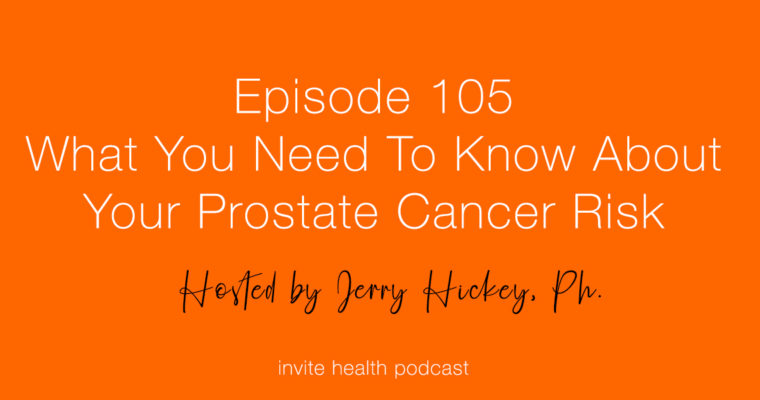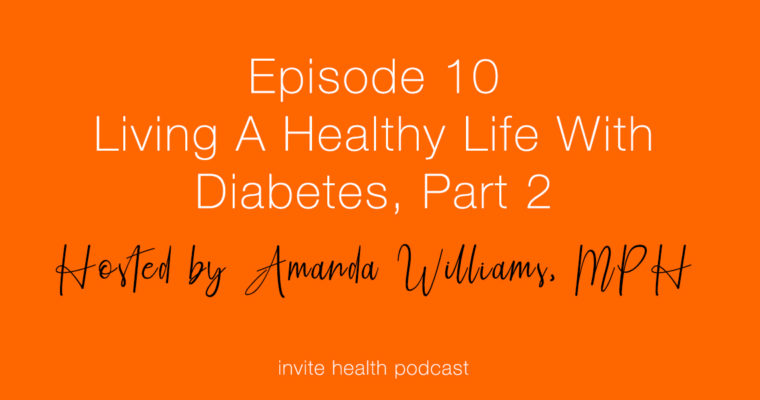Photo by siora18 on unsplash
According to the American Heart Association, metabolic syndrome affects about 23% of adults and places them at higher disk of a number of heart concerns. A new study now says that eating within a certain time window – intermittent fasting – can help tackle that.
What is Metabolic Syndrome?
Metabolic syndrome is a term used to describe a number of risk factors for serious conditions including diabetes, heart disease and stroke. This condition may be present when individuals have tested positive for three or more of the following risk factors —
- Abdominal obesity
- High blood levels of triglycerides
- Low blood levels of ‘good’ HDL cholesterol
- High blood pressure (or use of medication to treat it)
- High blood sugar levels after overnight fast (or use of diabetes medications)
According to the American Heart Association, “when a patient presents with these risk factors together, the changes for future cardiovascular problems are greater than any one factor presenting alone.”
The association provides a number of ways to address metabolic syndrome –
- Adopt a diet rich in whole grains, fruits, vegetables, lean meats, skinless poultry and non-fried fish, and low-fat or fat-free dairy products. Avoid processed foods.
- Incorporate at least 150 minutes of moderately vigorous physical activity into your weekly routine.
- Lose weight by educating yourself on the importance of calorie intake.
But losing weight and getting back on track can prove difficult. For the first time, a new study published in the journal Cell Metabolism has focused on the impact time-restricted eating has on losing weight, managing blood sugar and blood pressure for people with metabolic syndrome.
Could you be at risk for Metabolic Syndrome? 1 our of 3 people are. Here’s what you need to know >>
The Study
Co-corresponding study author Dr. Pam Taub of the University of California San Diego School of Medicine reports, “People who have metabolism syndrome/prediabetes are often told to make lifestyle interventions to prevent progression of their risk factors to disease. These people are at a crucial tipping point, where their disease process can be reversed. However, many of these lifestyle chances are difficult to make. We saw there was an unmet need in people with metabolic syndrome to come up with lifestyle strategies that could be easily implemented.”
In a small study of 19 participants, participants could eat what they wanted within 10-hour windows. They decided how much to eat and when they ate as long as they “restricted their eating to a window of 10 hours or less.” In other studies, this time window was proven effective with mice. Most of the study participants had obesity and 84% were taking at least one medication.
According to Dr. Taub and researchers, as they started to follow to this time-frame, participants reported more energy and better sleep. After three months, participants displayed a 3% weight and body mass index reduction (on average) and a 3% loss of abdominal, or visceral, fat. All of these improvements, says Dr. Taub, reduce the participants risk of cardiovascular disease.
Many participants also showed a reduction in blood pressure and cholesterol, as well as improvements in fasting glucose.
Dr. Taub recommends that anyone interested in trying time-restricted eating speak to their healthcare provider first, especially if they have metabolic syndrome and are taking medication, as weight loss may mean that medications require adjustment.
Do you currently have metabolic syndrome? What are some of the healthy lifestyle habits you’ve included into your daily routine to help you manage it?






